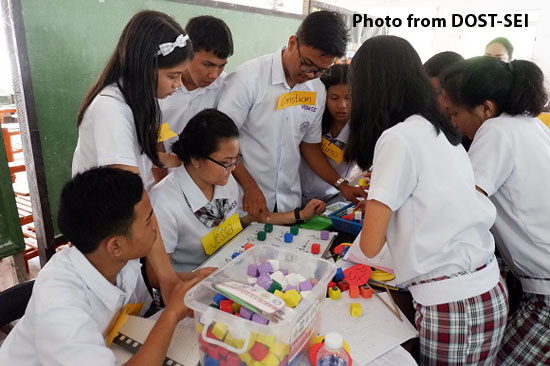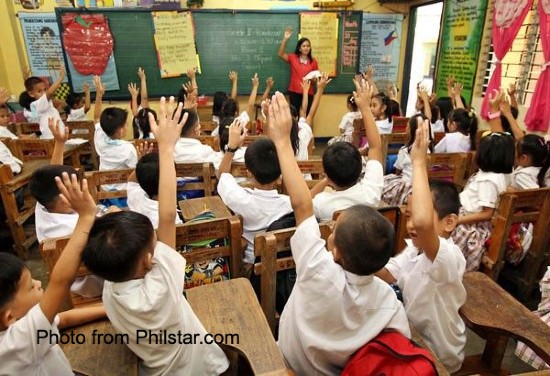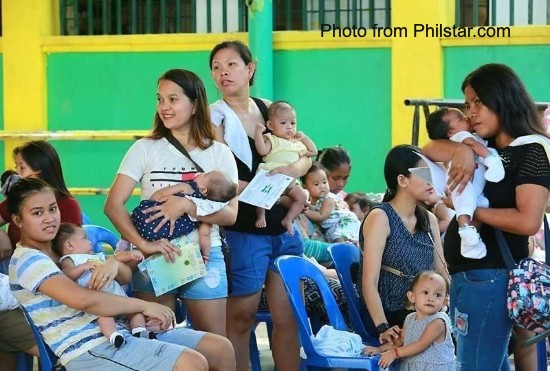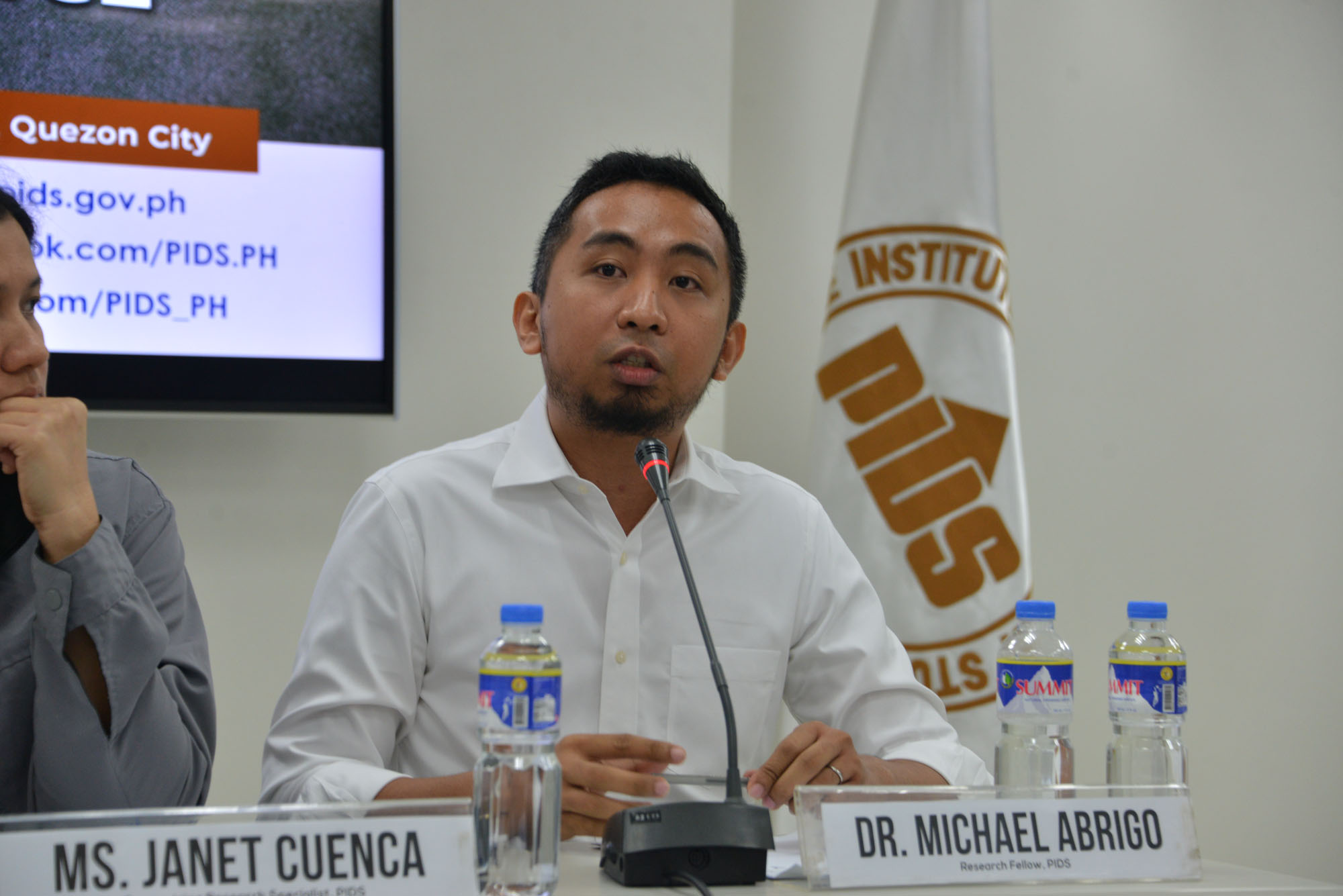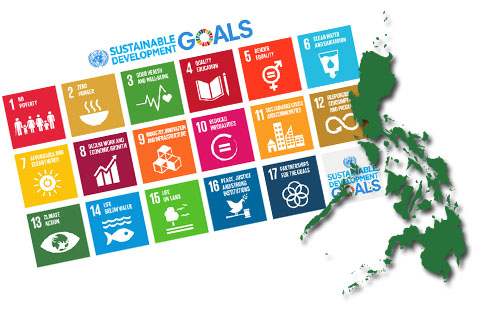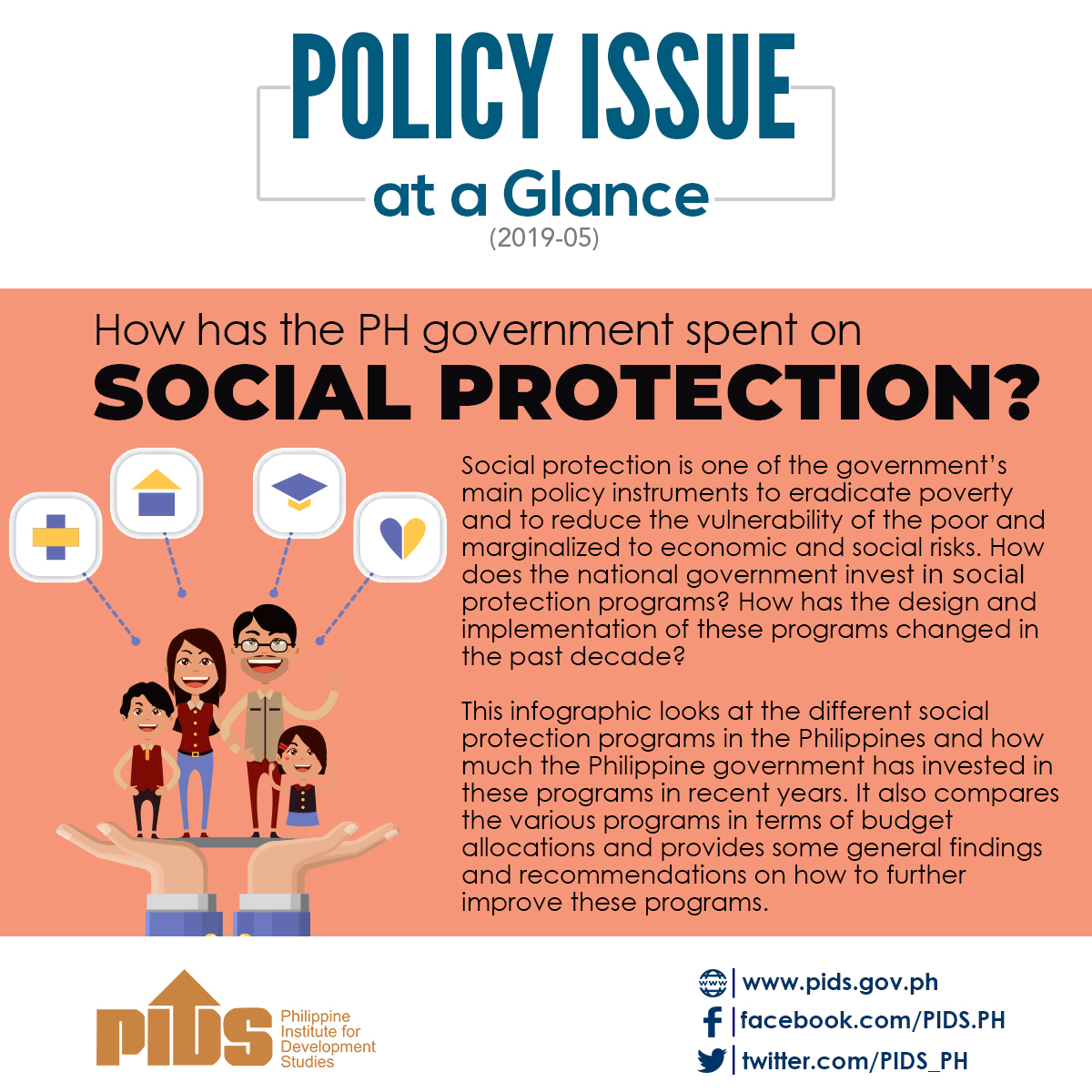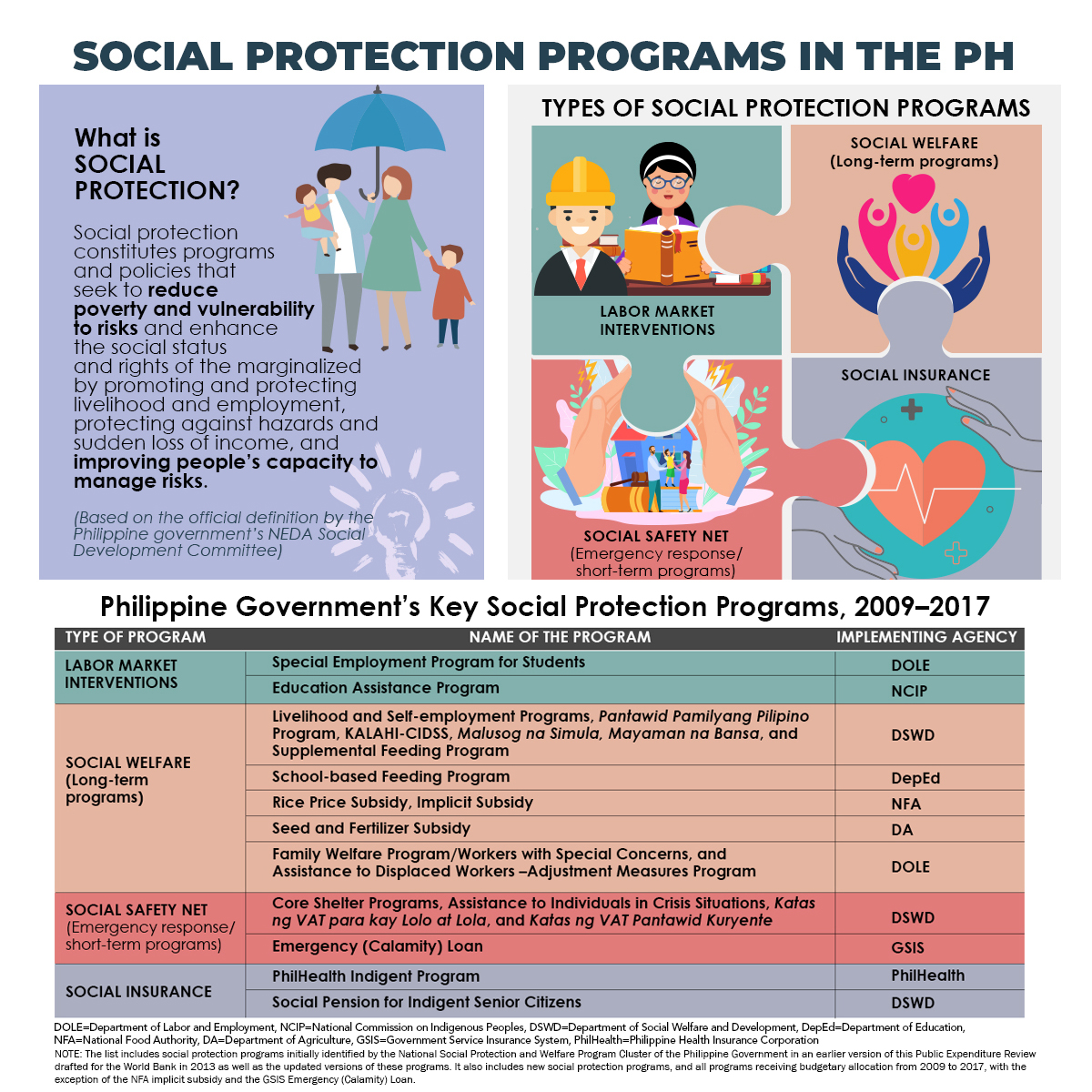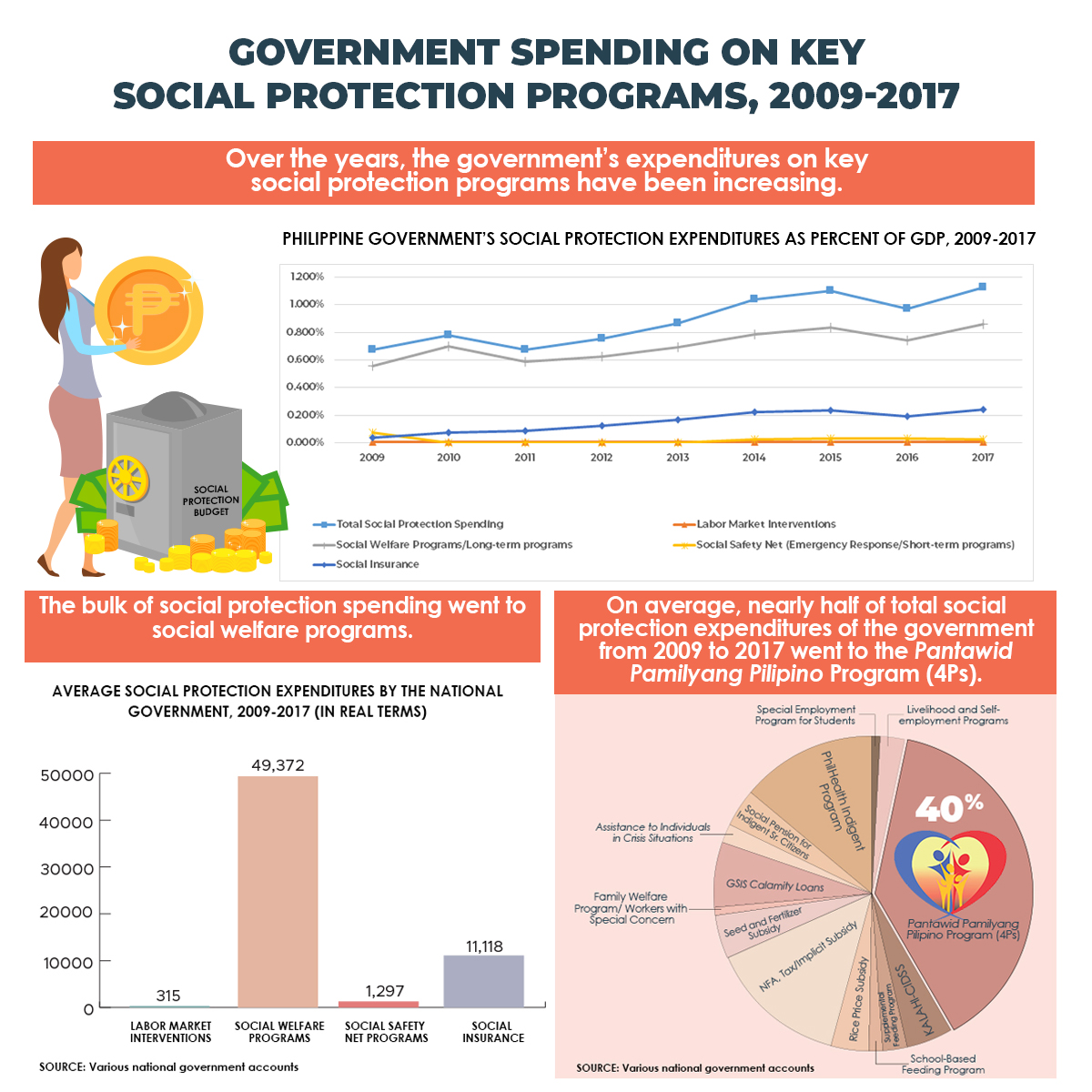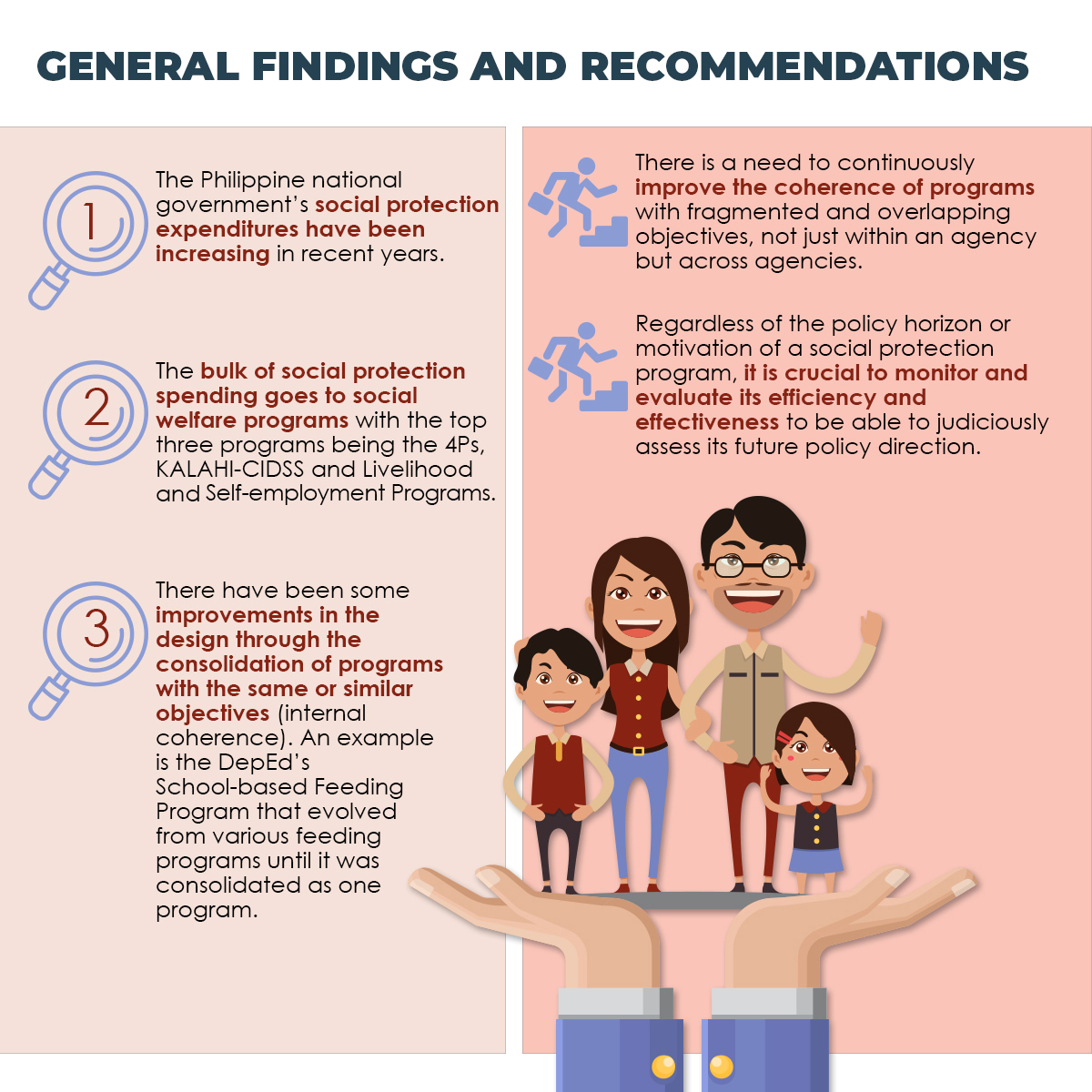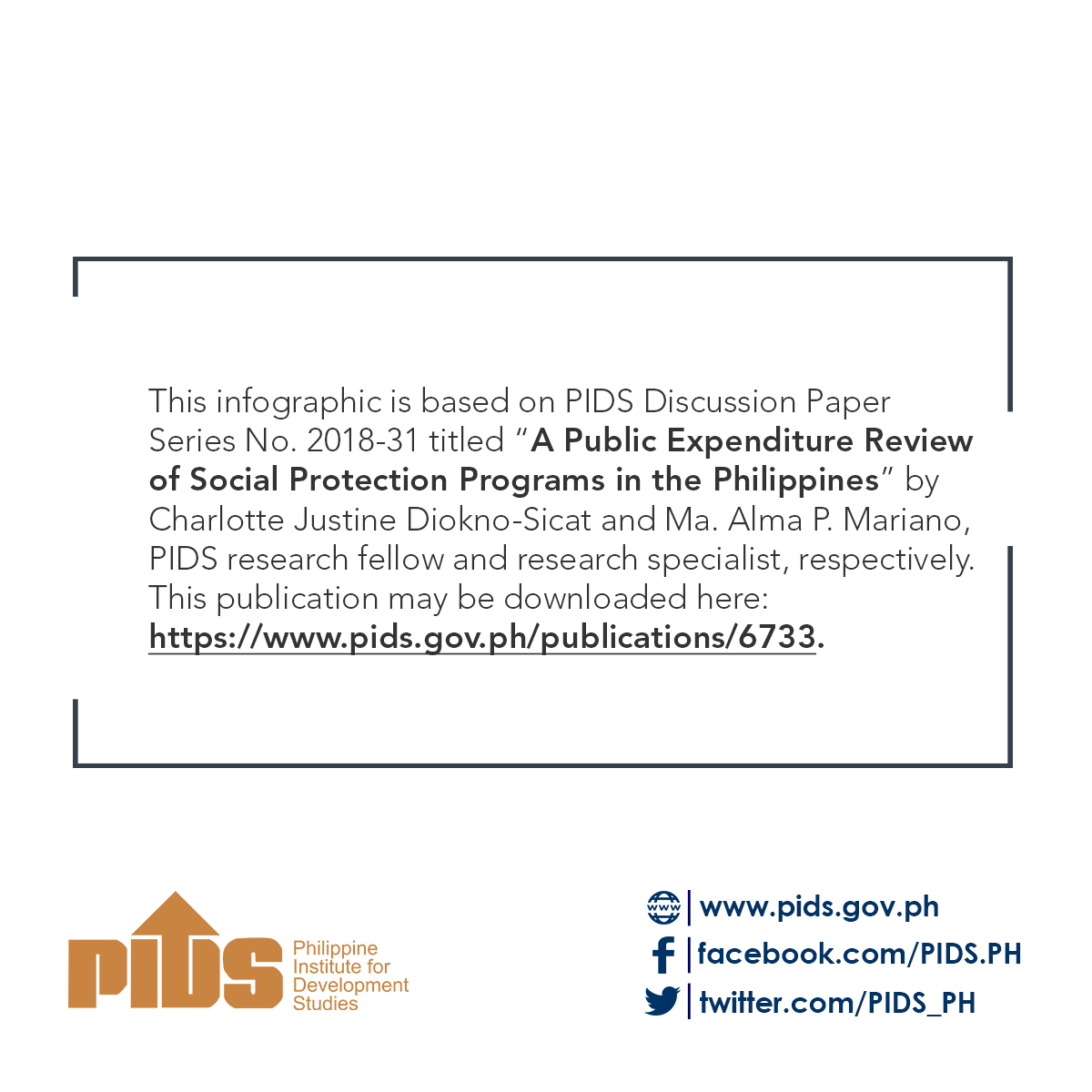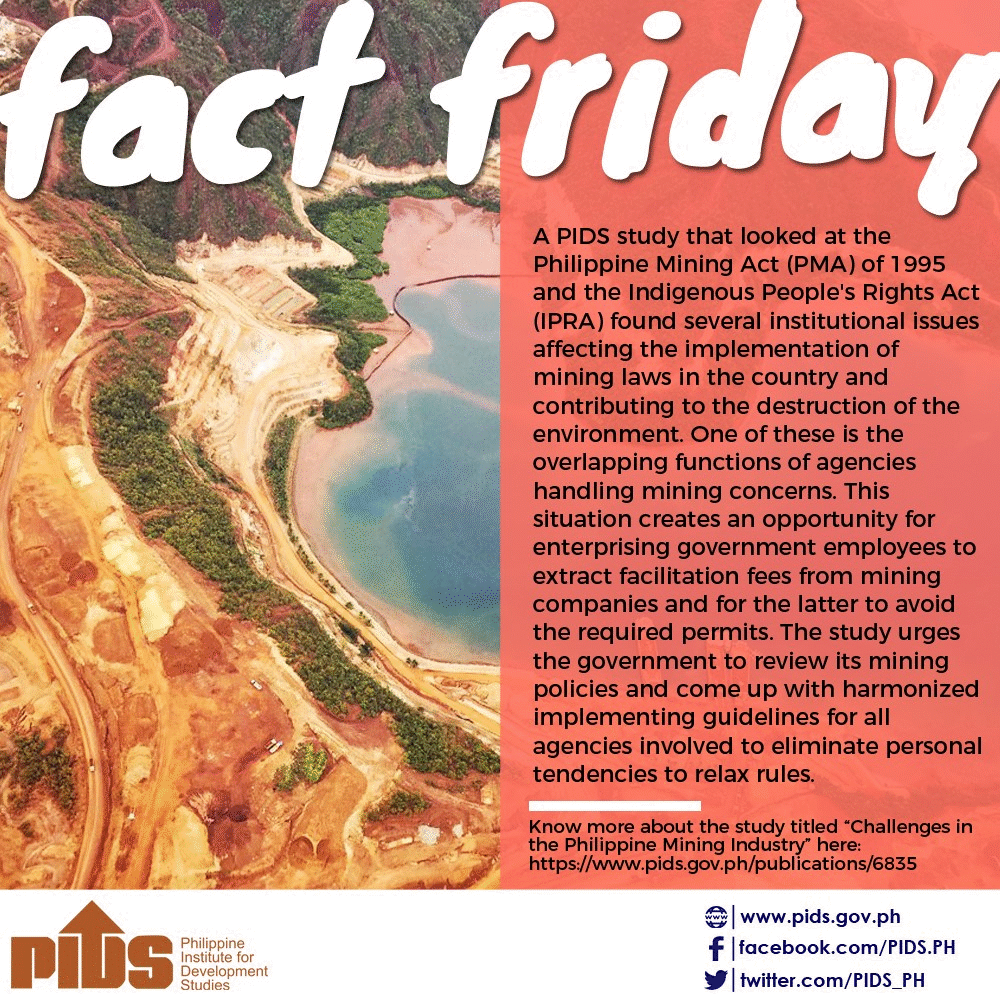Having trouble reading this email? View it in your browser. |
||||
 |
||||
|
||||
This Policy Note reviews the current international and national focus on child stunting prevention, including health and nutrition programs and status of nutrition outcomes among mothers and children. It finds that while the national government has already devolved the implementation of health and nutrition programs, these interventions have yet to produce sufficient national impact. It notes a number of factors that limit the performance of local governments in the prevention of child stunting. These include the difficulty of aligning their priorities with national targets, aggravated by inadequate local data for priority setting, and the limited local resources for health and nutrition. To address these issues, the study urges the national government to develop a comprehensive national guideline and operational strategies to guide local governments and likewise suggests adoption of local nutrition ordinances that implement the national law. Moreover, it argues that ensuring the implementation of stunting prevention program at scale across local governments to produce national impact requires reducing the large inequalities in financial capacity that currently exist. Click here to download the paper.
DISCUSSION PAPERS DP 2019-05:
Examining the Women's Low Labor Market Participation Rate in the Philippines: While the Philippines has achieved several milestones advancing gender equality in the country, there are some areas that can still benefit from further government interventions. One such area pertains to the moderate female participation in the labor market, which hardly improved in the last 26 years. The lackluster participation of women in the labor market presents a continuing concern, and this is amply reflected in Philippine Development Plans and laws designed to support working women. However, other important factors remain to be addressed, and this paper looks into the role of women's housework. The paper also discusses the role of housework on men's market work. Doing so provides a holistic perspective and hence, a better narrative to ensure that both men and women equally benefit from development. Results indicate that housework affects both men and women's participation in market work. However, the study finds a bigger increase in women's market work participation when they do not engage in nonmarket work and a bigger decrease when their spouses do not share in the household production. Click here to download the paper. DP 2019-04:
A Note on the 2019 President's Budget This paper attempts to assess the proposed shift in the country's budget system from obligation-based to cash-based budgeting and its implications on the 2019 proposed national budget. In the process, it aims to inform policy deliberations on Senate Bill 1761 (formerly Senate Bill 1450), otherwise known as the Budget Reform Bill, by discussing the concept of cash-based budgeting with focus on its advantages and disadvantages and its implications on the proposed national budget for 2019 and on government operations and practices. It also examines the past disbursement performance of the national government as well as the factors affecting its performance. The paper argues that there is a need to reconsider the shift from obligation-based to the annual cash-based budget scheme—a move initiated by the Department of Budget and Management—in view of the perennial issues faced by government agencies/units. Click here to download the paper.
|
June 19, 2019, 2:00–5:00PM -----------------------------------------
The Philippine Journal of Development is a professional journal published by the Philippine Institute for Development Studies. It accepts papers that examine key issues in development and have strong relevance to policy development. As a multidisciplinary social science journal, it accepts papers in the fields of economics, political science, public administration, sociology, and other related disciplines. It considers papers that have strong policy implications on national or international concerns, particularly development issues in the Asia-Pacific region. CLICK HERE for the guidelines in the preparation of articles. Submissions and inquiries may be sent to PJD@mail.pids.gov.ph. |
|||
Senior high school (SHS) students believe that the Enhanced Basic Education Act of 2013, also known as the K to 12 Program, will help them firm up their choices and plans for their college education and future careers, as well as develop their technical and soft skills.
Various issues hound the country’s mining industry, a study published by Philippine Institute for Development Studies (PIDS) revealed.
More boys drop out of school or obtain failing grades compared to girls in basic education, a research study of the Philippine Institute for Development Studies (PIDS) revealed.
As public spending on social protection programs increases, government should continuously improve the design and implementation of these programs. Social protection programs under the Department of Social Welfare and Development (DSWD) received the lion's share of the government's social protection budget in the said period—an average of 0.04 percent of the national budget or about 45 percent of the annual budget of the DSWD. READ MORE
Women from more vibrant local economies have greater access to antenatal care services. Based on the study, Abrigo mentioned that utilization of antenatal care services has generally increased for the last 25 years, or since the early years of the implementation of the Local Government Code of 1991. READ MORE
The country is making headway in achieving the Sustainable Development Goals (SDGs), particularly in terms of increasing labor productivity and reducing income equality, said a senior research fellow of state think tank Philippine Institute for Development Studies (PIDS). Citing results of the Philippines 2019 Voluntary National Review (VNR) Report on the SDGs during a policy dialogue recently organized by the Institute and the United Nations Economic and Social Commission for Asia and the Pacific, Dr. Jose Ramon Albert said the Philippines’ labor productivity grew by 8.4 percent in 2017. READ MORE
| ||||
POLICY ISSUE AT A GLANCE How Has the PH Government Spent on Social Protection? Social protection is one of the government`s main policy instruments to eradicate poverty and to reduce the vulnerability of the poor and marginalized to economic and social risks. How does the government invest in social protection programs? How has the design and implementation of these programs changed in the past decade?
To view in actual size, visit the PIDS website or the PIDS Facebook page.
FACT FRIDAY Every Friday, PIDS releases nuggets of research results culled from different PIDS studies. Here are the latest #PIDSFactFriday issues. Like us on Facebook for more #PIDSFactFriday issues. |
||||
Need help? Have feedback? Feel free to contact us. © 2018 Philippine Institute for Development Studies.
|
||||
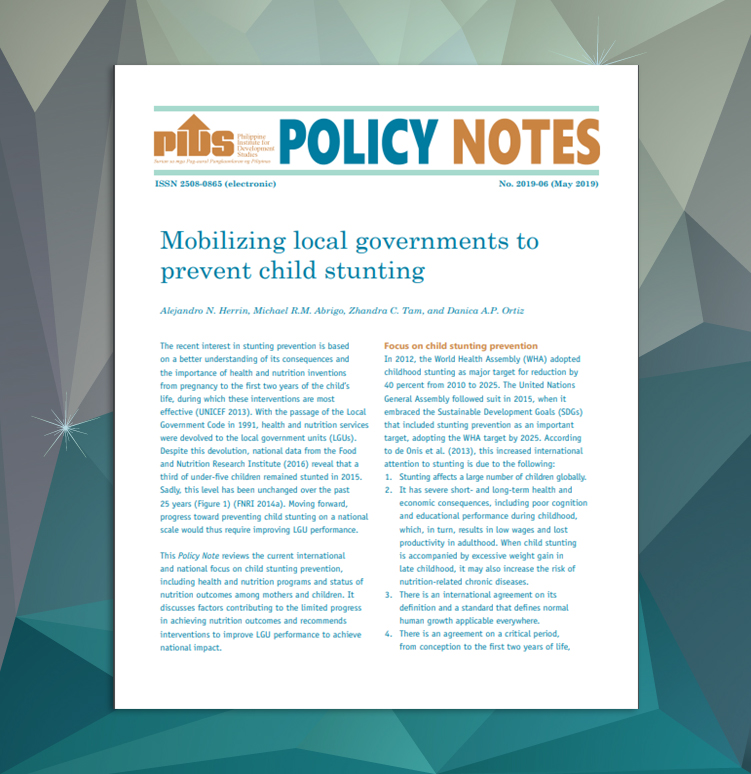 PN 2019-06:
Mobilizing Local Governments
PN 2019-06:
Mobilizing Local Governments.jpg)
